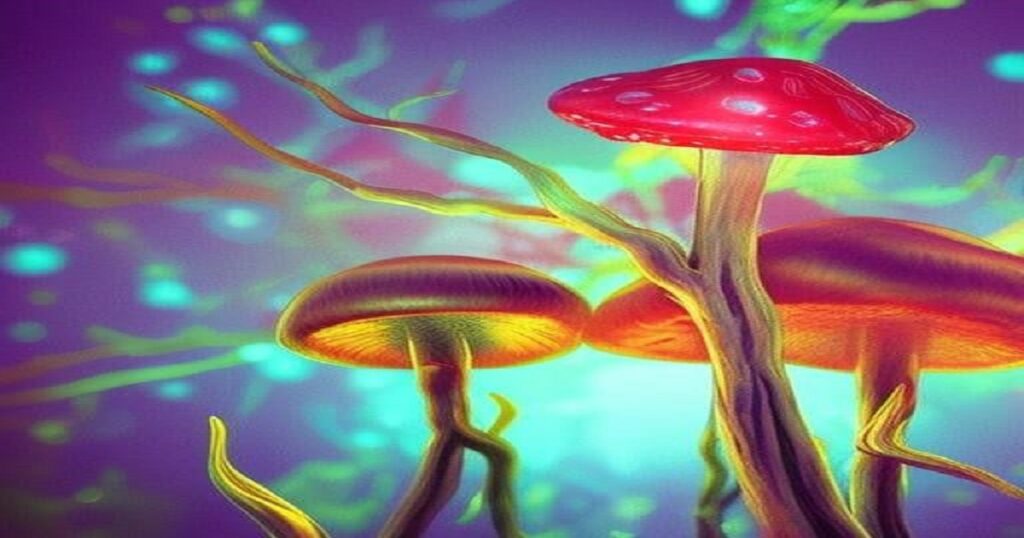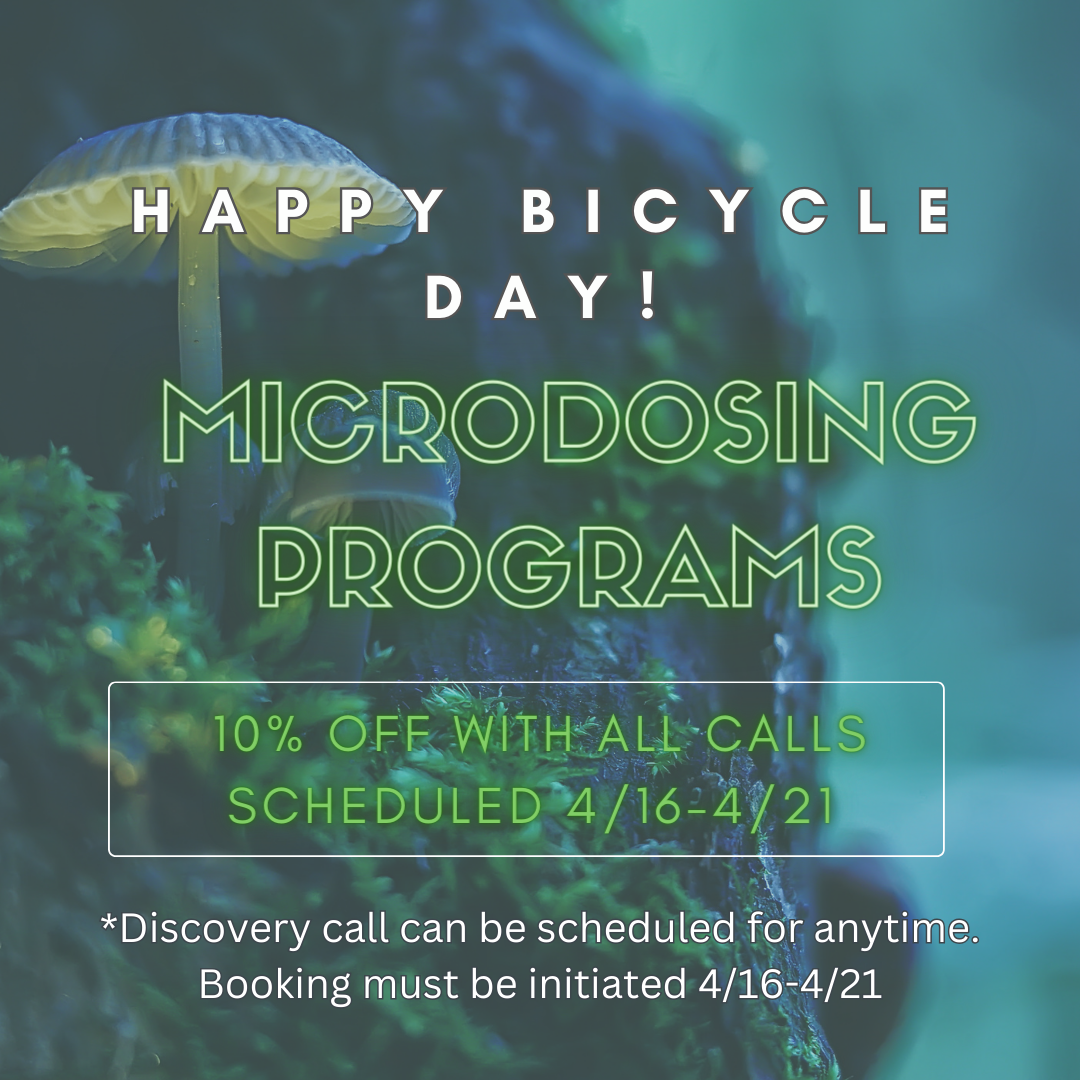There has been a lot of talk about psilocybin and its benefits… But what is it? How does it work? If you have been curious, this article is for you!
Please note that this article is for educational purposes only, and all medical claims are from research and not the writer’s personal view.
Plants and fungi are full of important compounds that are utilized by all living organisms. Plants and fungi have evolved along with humans over the years. Some of the chemical constituents present in plants mimic the activity of our own chemicals, and they work to promote a healthy balance and well-being.
The compounds found in plants and fungi have both nutrient and medicinal components. Endogenous compounds like anandamide, estrogen, serotonin, dopamine, testosterone, etc. are made within the human body. They also have chemically similar versions that are found in plants. They are known as phytochemicals, and they act similarly to the ones produced within the human body. Both the human versions and plant versions are involved in the regulation of pain, appetite, mood, cognition, and more.
Psilocybin is one of the numerous phytochemicals that mimics the activity of endogenous compounds.
What is psilocybin?
Psilocybin contains a large group of flavonoids (phytochemicals) commonly extracted from magic mushrooms, hence the name psilocybin mushrooms. It is often described as a hallucinogenic compound that (at higher doses) alters the perception of time induces an altered state of consciousness.
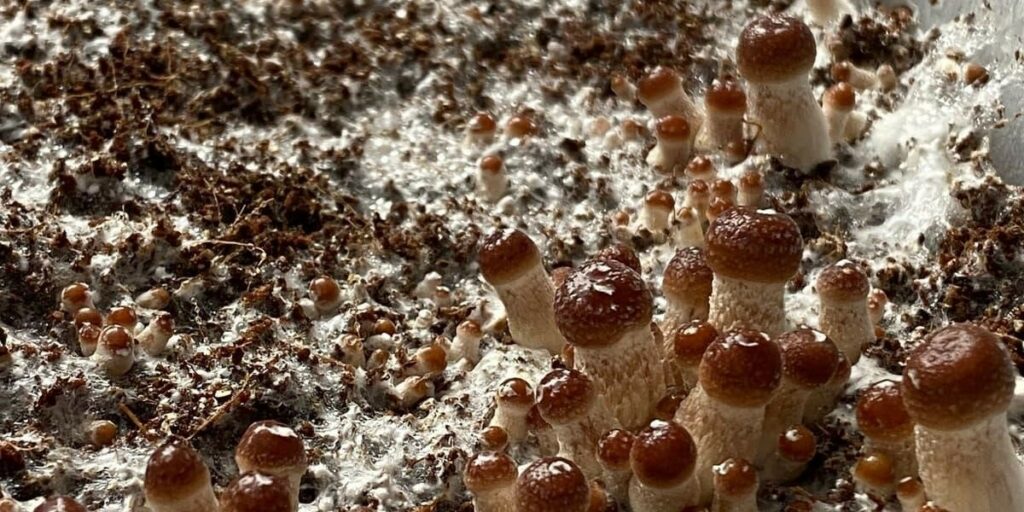
Magic mushrooms are a large genus of mushrooms commonly known for their hallucinogenic properties. They have been used for centuries as medicine and are revered as a sacred fungi. Magic mushrooms or psilocybin mushrooms have a history of being used in religious ceremonies by South American Aztec Indians, and the use of psilocybin for spiritual and religious practice has been documented all over the world. The fungi was originally described as the “flesh of the gods” since it aided their communication with a divine being.
Along with these practices, psilocybin has also been identified to possess unique therapeutic potentials, thanks to the interaction with neurotransmitters and other body systems.
How Psilocybin Works
Psilocybin is to magic mushrooms what THCa is to cannabis.
Psilocybin is a precursor compound that gets broken down to psilocin which interacts with receptors to produce effects. When ingested, psilocybin is converted to psilocin, which is responsible for the effects on users.
Psilocin is similar to serotonin and produces its effects by interacting with our serotonin system. Serotonin is a neurotransmitter critical in regulating many psychological and physiological processes in the body. Important functions of serotonin may include regulating:
- Mood
- Sleep
- Appetite and digestion
- Blood clotting
- Blood pressure and heart rate
- Cognitive functions like attention, memory, and learning
- Pain relief
Since psilocin mimics the activity of serotonin, it is bound to replicate its effects on the serotonergic receptors. Depending on the type and amount ingested, psilocin’s effects can last several hours.
When ingested, psilocin binds to and activates the 5-HT2A receptors. Although scientists have identified the role of psilocin in mimicking the activity of serotonin at the receptors, its precise mode of action is still unknown. In most cases, psilocin is believed to act on multiple neurotransmitter systems, including glutamate, dopamine, and serotonin.
There are about 15 serotonin receptors, each responsible for a specific therapeutic role. These receptors control biological and neurological processes like anxiety, appetite, memory, nausea, sleep, cognition, learning, and thermoregulation (internal temperature regulation).
What are the possible effects of psilocybin on users?
Effects depend on the dose consumed. Micro doses produce sub-perceptual effects that may go unnoticed, and larger doses are most likely to produce one or more of the following effects:
- Altered perception of time: This is often described as getting high or going on a trip. During altered perception of time, users are most likely to experience changes in their visual and auditory sensibility. They may establish a stronger connection with their environment.
- Mood changes: users are most likely to experience euphoria, which can be mixed with anxiety and paranoia.
- Enhanced creativity
- Improved emotional well-being and mental health. The ability of psilocybin to interact with serotonin, dopamine, and glutamate receptors is great at improving emotional well-being and has a lasting positive effect on depression, mood, and anxiety. It brings about an increased connectivity between different regions of the brain.
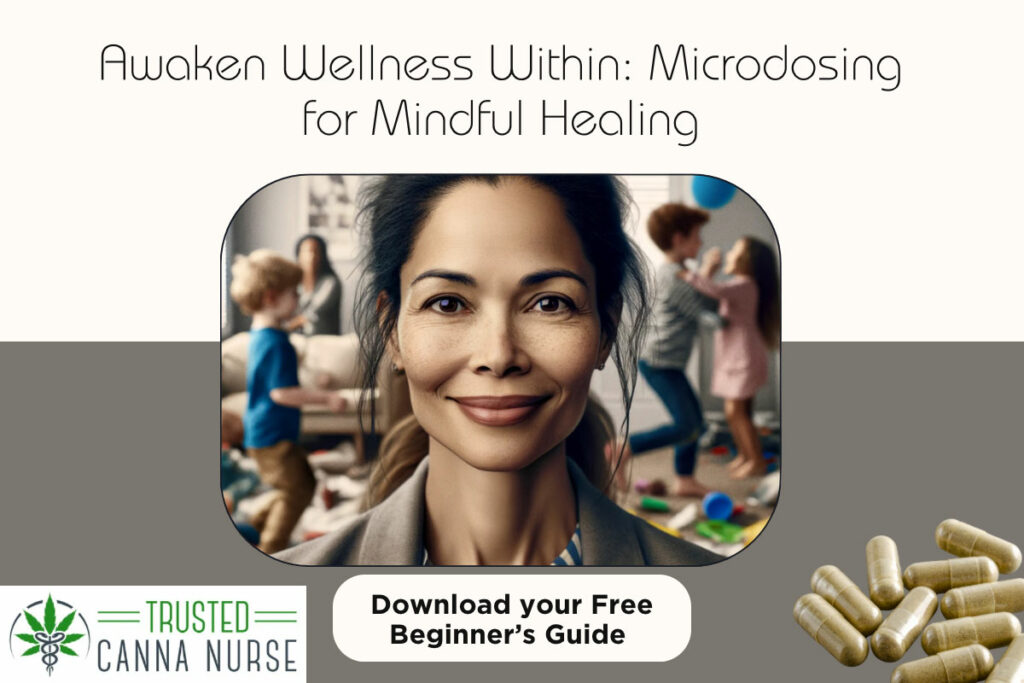
Are there any potential therapeutic benefits of psilocybin?
The commonly identified therapeutic benefit of psilocybin includes but are not limited to the following:
- Reduced anxiety and depression
- Treatment of addiction
- Improved Quality of Life in cancer patients
- Increased creativity
- Treatment of cluster headaches
- Improved cognitive function
- Treatment of Post-Traumatic Stress Disorder (PTSD).
- Improved social life and interpersonal relationships
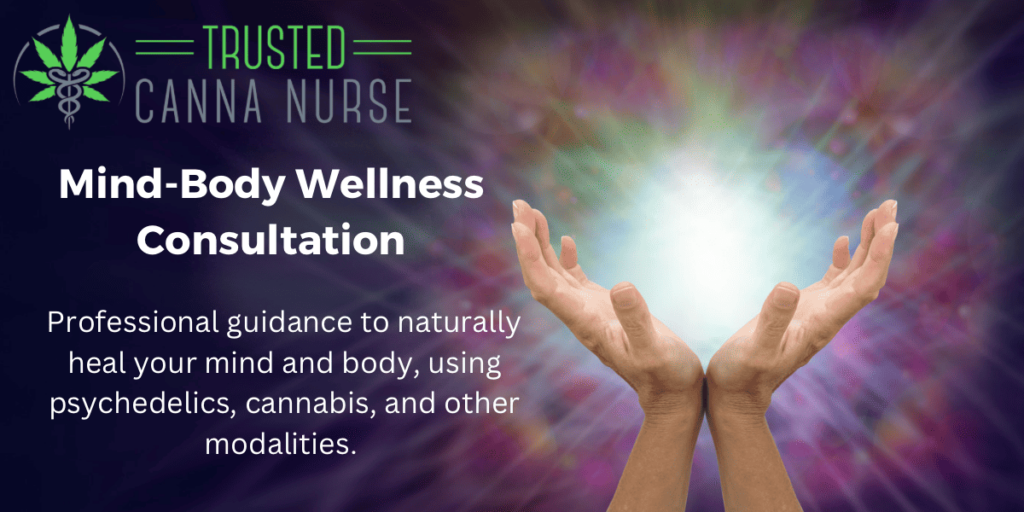
What are the possible side effects of psilocybin?
There is a thin line between the therapeutic potentials of psilocybin and its side effects; at higher doses, psilocybin is most likely to cause the following side effects:
- Nausea and vomiting
- Increased heart rate
- Transient elevation in blood pressure
- Anxiety or paranoia
- Dizziness or disorientation
- Flashbacks
We suggest professional medical guidance when considering psilocybin therapies. Get professional guidance here.
Clinical trials on psilocybin as a medicine
Psilocybin has been a major subject of clinical trials for several years, especially in mental health. These trials have shown a positive promise in dealing with PTSD, anxiety, addiction, and treatment resistant depression.
The FDA granted Breakthrough Therapy designation to psilocybin therapy in 2019 for treating resistant depression, especially in veterans and seniors.
How to dose magic mushrooms
Choosing the right dose of magic mushrooms is one of the biggest determinants of human interaction. This dosage is most likely influenced by your body chemistry, health status, and desired outcome or experience. Listed below are common magic mushroom doses:
- The MicroDose (0.05 to 0.49g)
This is excellent for people new to psilocybin or utilizing its therapeutic effects without getting high. A microdose involves taking small amounts of psilocybin in a structured manner to obtain mental and emotional benefits without experiencing hallucinations. Essentially, microdosing is an introduction to psilocybin and can produce heightened energy and alertness, enhanced social skills and environmental awareness, and increased creativity and improved mood.
- The Mini Dose (0.5 to 1.0)
The mini-dose is an ideal option for people seeking to further explore the potential benefits of psilocybin and take their relationship with the compound to the next level. This approach is slightly more intense than microdosing and offers a more significant advantage to individuals who desire the benefits of psilocybin without experiencing full-blown hallucinations.
Taking a mini-dose produces a sense of elevation and results in mild visual hallucinations, mood enhancement with mild euphoria, improved sensory awareness, and overall connectedness. In essence, it’s like a love affair with psilocybin.
- The Medium Dose (1.0 to 2g)
The Medium dose is an intermediary step that bridges the gap between the mild effects of micro and mini doses and the stronger effects of moderate and high doses. It is a gateway to experiencing the full range of psilocybin’s effects. While it produces only mild hallucinogenic effects, it is potent enough to cause a shift in time perception. It can with the following effects: hallucinations, strong pupil dilation, light sensitivity, an initial rush or peak before the onset of a full trip, and a slightly or significantly heightened sense of physical sensations and excitement.
- The moderate dose (2 to 3.5g)
It’s important to note that the name “moderate dose” is somewhat misleading, as it may produce a more intense effect on first-time users. A moderate dose of psilocybin induces hallucinogenic experiences that can be overwhelming for those who are not adequately prepared. It is recommended that only individuals who are ready for the full psychedelic experience should take this dose. The effect of this dose can last up to 10 hours.
When taking a moderate dose, users can expect to experience an initial peak before settling into the trip, amplification of both positive and negative emotions, a strong physical response or body high, increased light sensitivity due to pupil dilation, feelings of euphoria, and distinct hallucinations that affect the general perception of physical senses.
- The Mega Dose (5.0g or higher)
The highest level of psilocybin dosing is reserved for experienced users only and is not recommended for faint-hearted people. This dose is incredibly potent and has the potential to induce a full-blown psychedelic experience, commonly referred to as a “trip.” The effects of this dose can test the limits of one’s mental and emotional fortitude and can last up to 10 hours.
It is crucial to have a trip buddy to monitor the experience and ensure safety. If you decide to take the mega dose, here are some things to expect: heightened sensitivity to light, a distorted sense of time, extreme hallucinations that affect the senses, a significant amplification of emotions, moods, and physical reactions, as well as compromised motor functions.
Is psilocybin legal?
Like cannabis, the legality of psilocybin varies from one region to the other. In some cases, handling, cultivating, and using psilocybin mushrooms or other products containing psilocybin is illegal and may attract the hammer of the law. So areas are fully illegal, where other places are decriminalized (meaning pursuit of prosecution is not a priority of law enforcement.) Decriminalization is not the same as legalization. With legalization, there is not threat of persecution within the written laws.
Colorado has decriminalized and Oregon is legal ONLY for therapeutic use (otherwise the state has decriminalization laws around psilocybin. There are also many cities across the country that have decriminalization laws in place (Ana Arbor, Oakland, Santa Cruz, Washington D.C… to name a few.)
Curious to learn more? At Trusted Canna Nurse we offer 1 on 1 education and guidance on navigation microdosing.
Last Updated on January 4, 2024 by Megan Mbengue, BSN, RN, CHPN

